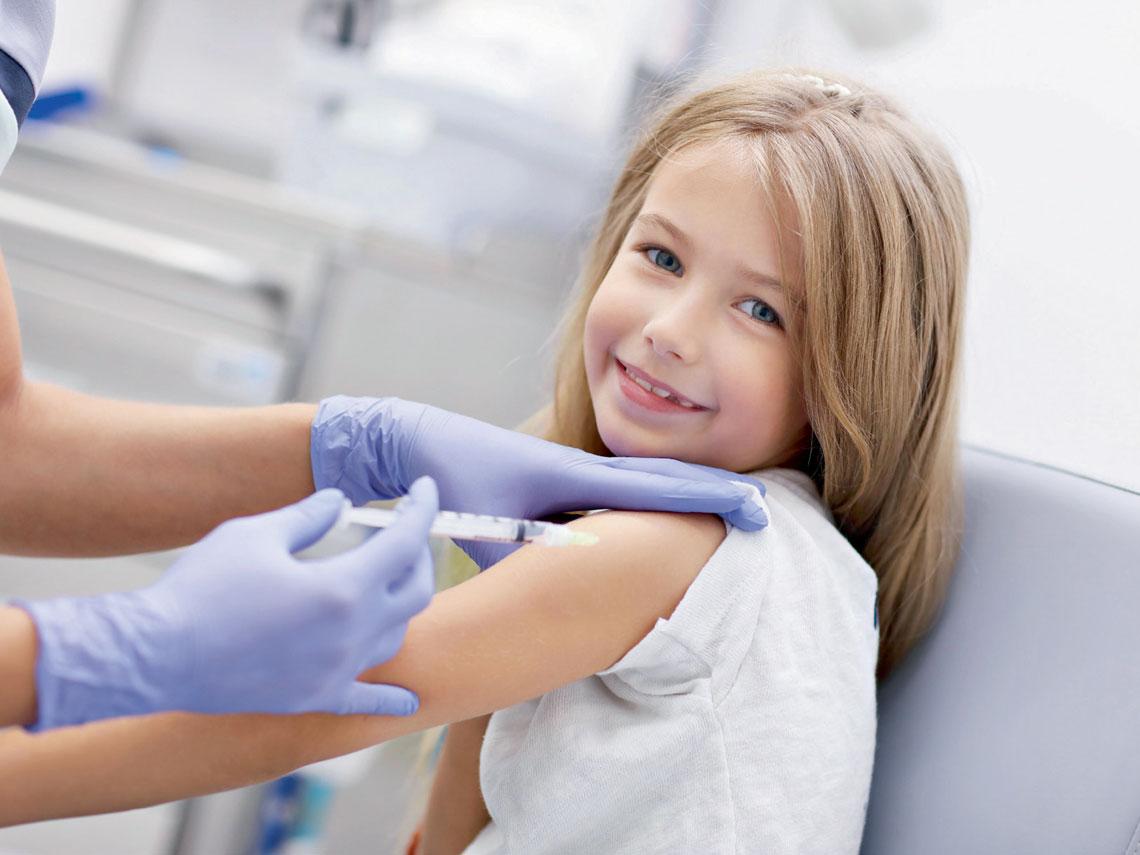It is an ailment that consists of inflammation of the meninges, membranes that cover the brain and spinal cord. This condition is more common in children and adolescents , although no age group is exempt from suffering from it.
Despite being a pathology that can have very serious consequences, there is very little awareness about it. To improve in this regard, Gaceta Médica and Ser Padres magazine promoted the Virtual Pediatric Forum: Meningitis , a meeting that took place with the support of GSK.
In this study, three professionals and one patient tried to provide a global vision of meningococcal disease. One of the most important aspects, highlighted Susana Otero, deputy physician of the Preventive Medicine and Epidemiology Service at the Vall d’Hebron Hospital , is that it is a condition with “a very large impact, especially in young children and more importantly still in those under one year old ”. Even so, it warned that “there is also a peak of incidence in adolescents.”
It has various causes, although the most frequent is infectious, of viral or bacterial origin. The latter is caused by meningococcus, a bacterium that usually lodges in the upper respiratory tract of the host. The fact of carrying the bacteria does not translate into developing the disease, but when it colonizes the host, it develops.
Identifying symptoms
They are clear, although if they develop mildly they can be confused with another viral picture. Fernando Sánchez Perales, head of the Pediatric Service of the Hospital de Torrejón de Ardoz and president of the Pediatric Society of Madrid and Castilla-La Mancha , points out that signs such as “stiff neck and difficulty bending the neck, fever or vomiting ”should set off the alarm. Sometimes others develop that help to distinguish it, such as “that the child is more down than other times he has had a fever, or skin rashes such as petechiae (reddish spots)”.
In any case, Sánchez Perales emphasizes that, at the first suspicions, it is vitally important to act quickly since “many times you can see how a child who initially had a few tenths of a fever , can evolve fatally.”
Vaccines and prevention
Despite the concern of the disease, Susana Otero highlights that the good news is that “we have vaccines to prevent it.” “We have three that, among all of them, protect from five of the twelve serogroups of the disease,” he specified. “These five cause the highest number of meningitis, so vaccination reduces a significant burden of meningococcal meningitis .”
Vaccines against meningococcus have evolved over time, expanding coverage against certain serogroups. The most recent, detailed Otero, are “the quadrivalent vaccine that includes protection against serogroups C, A, W135 and Y, in addition to the vaccine against serogroup B”. With these, the specialist asserts that “we can very effectively prevent the disease, since we develop long-lasting antibodies and, in addition, we will be able to protect ourselves because these vaccines have an impact on the carrier effect: they manage to eliminate this state of some people who carry the bacteria in the nasopharyngeal area ”.
Vaccination coverage
Within this equation, there is a very important factor: controlling that vaccination rates are met to avoid an increase in incidence . This is especially important in exceptional situations such as that arising from the COVID-19 crisis. In this regard, Mª del Mar Corral San Millán, Primary Care pediatrician at the Arroyo de Medialegua Health Center in Madrid , sends a clear message to parents: “You can trust that vaccinations are carried out safely; those that have been delayed have been due to the benefit-risk assessment ”.
Regarding the vaccination programs, Susana Otero states that “they have evolved and adapted to the disease.” For this reason, depending on the data from each country, the serogroups with the highest incidence are included in the vaccination schedule . Even so, this area is continually reviewed to redesign programs based on the evolution of epidemiology.
Following this thread, Fernando Sánchez Perales points out that “scientific societies recommend all those actions that are proven to be effective, safe and beneficial”. And the specialist alludes to the fact that “vaccination schedules are sometimes a little ‘minimal'”. But this, he clarifies, “does not conflict with the recommendations of scientific societies.” Within these, the pediatrician specified that they have to be issued “without alarm and without haste, properly informing each one of them to make their decisions.”
Finally, Mª del Mar Corral San Millán insisted on the need to inform parents well, so she urges them to “convey any doubts they may have and trust the recommendations of professionals, since these will avoid major problems” .













































































































Recent Comments